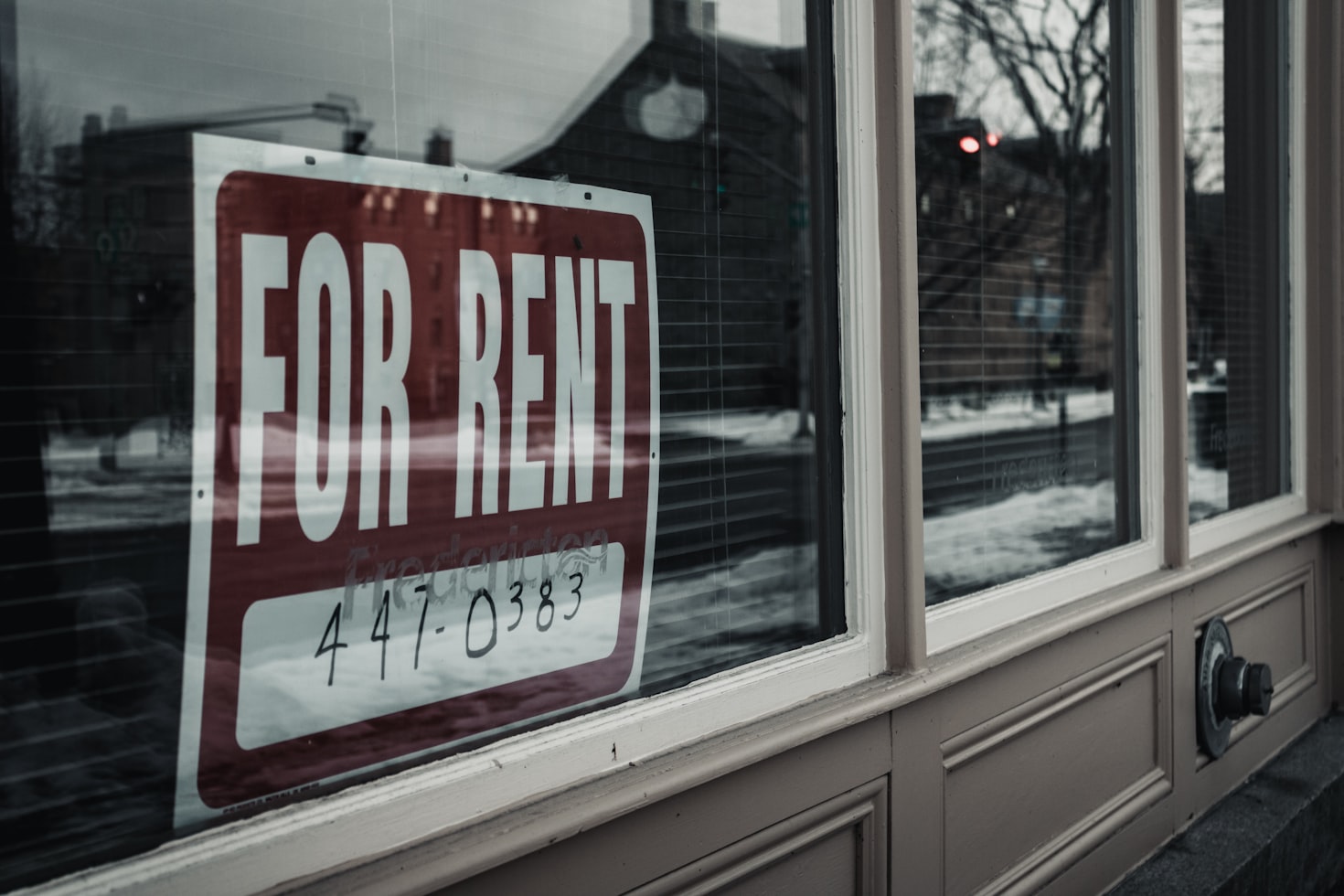Can A Landlord Shut Off Utilities For Non-Payment Of Rent
As a tenant, one of the most essential aspects of your living situation is access to utilities such as water, electricity, and gas. However, in cases of non-payment of rent, some landlords may resort to shutting off these utilities as a means of enforcing payment or pressuring tenants to vacate the premises. This raises the question: Can a landlord legally shut off utilities for non-payment of rent? In this article, we will explore the legalities surrounding this issue, examine relevant case studies and statistics, and provide valuable insights for both tenants and landlords.
The Legal Perspective
When it comes to shutting off utilities for non-payment of rent, the legality of such actions varies depending on the jurisdiction. In many places, landlords are prohibited from shutting off utilities as a form of retaliation or self-help. Retaliation refers to actions taken by a landlord against a tenant in response to the tenant exercising their legal rights, such as reporting code violations or requesting repairs. Self-help, on the other hand, refers to actions taken by a landlord without involving the legal system, such as changing locks or shutting off utilities.
While laws differ, many jurisdictions have specific regulations in place to protect tenants from having their utilities shut off. For example, in the United States, the Department of Housing and Urban Development (HUD) states that landlords cannot shut off utilities as a means of forcing tenants to pay rent. Similarly, in Canada, most provinces have laws that prohibit landlords from disconnecting utilities due to non-payment of rent.
Case Studies and Statistics
Examining real-life cases and statistics can provide valuable insights into the prevalence and consequences of landlords shutting off utilities for non-payment of rent.
Case Study 1: New York City
In 2018, a landlord in New York City was sued for shutting off utilities in an attempt to force tenants to vacate their rent-stabilized apartments. The landlord argued that the tenants were behind on rent, but the court ruled in favor of the tenants, stating that the landlord’s actions were illegal. This case highlights the importance of understanding local laws and regulations to protect tenants from unlawful actions by landlords.
Case Study 2: Ontario, Canada
In Ontario, Canada, a study conducted by the Advocacy Centre for Tenants Ontario (ACTO) found that between 2010 and 2016, there were over 1,500 reported cases of landlords shutting off utilities for non-payment of rent. This study shed light on the widespread issue and prompted the government to introduce stronger protections for tenants, including stricter penalties for landlords who engage in such practices.
Insights for Tenants and Landlords
Understanding the legalities and potential consequences of shutting off utilities for non-payment of rent is crucial for both tenants and landlords. Here are some key insights:
For Tenants:
- Familiarize yourself with local laws and regulations regarding utility shut-offs for non-payment of rent.
- If your utilities are shut off unlawfully, document the situation and seek legal advice.
- Communicate with your landlord and try to negotiate a payment plan or seek assistance from local organizations that provide rental assistance.
For Landlords:
- Understand the legal obligations and restrictions in your jurisdiction regarding utility shut-offs.
- Consider alternative methods for resolving non-payment issues, such as mediation or eviction proceedings through the legal system.
- Be aware of the potential legal consequences and reputational damage that can result from unlawfully shutting off utilities.
Frequently Asked Questions (FAQ)
1. Can a landlord shut off utilities without notice?
No, in most jurisdictions, landlords are required to provide notice before shutting off utilities. The length of notice may vary depending on local laws.
2. What should I do if my landlord shuts off my utilities for non-payment of rent?
If your utilities are shut off unlawfully, document the situation, seek legal advice, and consider filing a complaint with the appropriate housing authority or tenant advocacy organization.
3. Can a landlord shut off utilities if I am behind on rent?
In many jurisdictions, landlords are prohibited from shutting off utilities as a means of enforcing payment of rent. However, the specific laws may vary, so it is important to consult local regulations.
4. Can a landlord shut off utilities if I am in the process of disputing the amount of rent owed?
In most cases, landlords are not allowed to shut off utilities if there is an ongoing dispute regarding the amount of rent owed. However, it is advisable to seek legal advice to understand the specific regulations in your jurisdiction.
5. Can a landlord shut off utilities if I am on a fixed income or receiving government assistance?
In many jurisdictions, landlords are prohibited from shutting off utilities based on a tenant’s source of income. However, it is important to consult local laws and regulations to understand the specific protections in place.
6. Can a landlord shut off utilities if I am in the process of making partial rent payments?
In some cases, landlords may still attempt to shut off utilities even if partial rent payments are being made. However, many jurisdictions have laws that protect tenants in these situations. Consult local regulations and seek legal advice if necessary.
Summary
While the legality of shutting off utilities for non-payment of rent varies depending on the jurisdiction, many places have regulations in place to protect tenants from such actions. Understanding local laws and regulations is crucial for both tenants and landlords to ensure compliance and avoid legal consequences. By familiarizing themselves with their rights and responsibilities, tenants can protect themselves from unlawful utility shut-offs, while landlords can find alternative methods for resolving non-payment issues without resorting to self-help measures. Ultimately, open communication and adherence to legal processes are key to maintaining a fair and respectful landlord-tenant relationship.
